We would all like to know how to be loved by everyone.
In the end, who are our favorite people? Those who understand us and listen. Someone we can turn to and honestly say, “You get me.”
That really comes down to one skill: listening. And it’s something most of us are awful at.
In an age of sub-zero attention spans, focus is a superpower. And focusing on others is even more rare.
When I asked the #1 love researcher, John Gottman, what the best thing to do to improve a relationship was, what did he say?
Learn how to be a good listener.
And it’s no different at the office. Why do nearly 50% of people quit their jobs?
They didn’t feel their boss listened to them.
Another study released by the US Department of Labor concluded that 46 percent of those who quit their jobs did so because they felt not listened to and were therefore unappreciated. Consider this: almost half the workforce will leave their job because they didn’t feel like their boss was listening.
So listening is serious business. You want everyone to think you’re awesome? Want to be a good friend, partner, or leader? Well, listen up. Here we go…
1) Be a detective
Don’t think of a conversation as a tennis match. Instead, see it as a detective game.
Via Just Listen: Discover the Secret to Getting Through to Absolutely Anyone:
How do you master the skill of being interested— and be sincere when you do it? The first key is to stop thinking of conversation as a tennis match. (He scored a point. Now I need to score a point.) Instead, think of it as a detective game, in which your goal is to learn as much about the other person as you can. Go into the conversation knowing that there is something very interesting about the person, and be determined to discover it.
Rather than having to fake being interested, turning it into a detective game actually makes you interested. And this makes the other person feel special.
Detectives ask questions. And so should you. And when they become engaged in telling you something use a special little technique I like to call: “just shut up.”
Via Just Listen: Discover the Secret to Getting Through to Absolutely Anyone:
The second key to being interested is to ask questions that demonstrate that you want to know more… Eventually, one of your questions will click and you’ll see the person lean forward eagerly to tell you something with enthusiasm or intensity. When that happens, do the right thing: Shut up. Listen. Listen some more. And then, once the person reaches a stopping point, ask another question that proves that you heard (and care about) what the person said.
(For more on how to get people to like you, from an FBI behavior expert, click here.)
Okay, Sherlock, you’re playing detective. After being curious and interested, what should you do next?
2) How little can you say?
We all love talking about ourselves and it’s hard to resist.
Via Just Listen: Discover the Secret to Getting Through to Absolutely Anyone:
The measure of self-assurance is how deeply and sincerely interested you are in others; the measure of insecurity is how much you try to impress them with you.
The game we all usually play is: How smart can I make myself sound?
Bad game. You want the other person to feel good. Let them sound smart.
So here’s the game I like to play: How little can I say?
The fewer words you speak, the more points you get. The only exception is asking questions when they pause.
Don’t be interesting. Be interested.
(For more on how to make difficult conversations easy, from a clinical psychologist, click here.)
Eventually you need to say something. What should it be?
3) Can you summarize to their approval?
It’s called “active listening.” Good listeners don’t just listen, they make it clear to the other person they are listening by paraphrasing what they’ve heard.
Via Just Listen: Discover the Secret to Getting Through to Absolutely Anyone:
Another way to show you’re interested is to summarize what the person is saying. For instance, is the person regaling you with the story of a nightmare vacation trip? If so, repeat back some of the money points of the story: “Holy cow! You broke your leg, and you still made the flight. Unbelievable.” (Another good move, if the conversation offers an opportunity, is to ask for advice: “That’s amazing— you grow all of your own herbs? Tell me: How do you keep your cilantro from bolting?” People love offering advice, because it makes them feel both interesting and wise.
Here’s another game I like to play: Can I summarize what they said to their approval?
Say, “Am I hearing you right? So what you’re saying is…” And then paraphrase what they just told you. If they say, “Exactly”, you earn a point.
(To learn the techniques of an FBI hostage negotiator, click here.)
The goal is to let them talk, not to solve their problems… but what if they really do have a problem that needs solving?
Cynics say you can’t tell anyone anything. And they’re right. But there’s another way…
4) Don’t try to fix them. Be Socrates.
People do need help. But nobody likes being told what to do. Um… difficult.
The key here is that everyone wants to maintain autonomy. Tell them how to solve their problems and they’ll resist.
Instead, ask questions so that they solve the problem on their own.
“How can I listen to this person in a way that enables him to solve his own problem?”
Ask questions that might gently guide them toward a solution.
Former FBI hostage negotiator Chris Voss recommends questions that start with “How” or “What.” These get someone thinking and talking instead of just replying “yes” or “no.”
(For more on the four most common relationship problems — and how to fix them, click here.)
So you’re really listening now. But it’s not all about the words…
5) Monitor your body language
Maintain eye contact. Don’t stare at them like a predator but good listeners hold eye contact for about 75% of a conversation.
In healthy conversations, the listener makes eye contact 70 to 80 percent of the time according to researcher Michael Argyle.
We all know crossed arms is a bad sign. In fact, keeping an open body posture actually helps you remember what they say to you.
Researchers have discovered that as the listener’s outward responsiveness increases, so does their retention level. In one study, listeners who crossed their arms when they listened retained 38 percent less than listeners who kept their arms at their sides and assumed an “open” body posture.
Touch their elbow. It’s a neutral spot and helps create a bond.
Research from the University of Minnesota finds that gently touching a person on the elbow creates a momentary bond. The elbow is the one “safe,” nonthreatening place to touch, and when conversing this type of touch creates a predisposition for rapport and cooperation.
(For more on how to read body language like an expert, click here.)
Now here’s where the experts get really helpful.
There are a number of things we all do when listening that we think are helping, but actually they’re hurting our relationships. Here’s how to dodge those landmines…
6) The mistakes you don’t know you’re making
There’s a quote by Frank Luntz that’s worth committing to memory:
It’s not what you say, it’s what people hear.
Mistaking the two is the source of a lot of bad conversations and strained relationships.
In his book, Lost Art of Listening, Michael P. Nichols gives some great examples of things we often say that we shouldn’t:
(To learn how to win every argument, click here.)
Okay, you’ve done a great job of listening to me. Let’s round this up so you can do a great job listening to everyone else…
Sum up
Here’s what you need to know to be a great listener:
Listen and people will listen back. In fact, they’ll do more than that. They will come to trust and love you.
To quote David Augsburger:
“Being heard is so close to being loved that for the average person, they are almost indistinguishable.”
This piece originally appeared on Barking Up the Wrong Tree.
Join over 200,000 readers. Get a free weekly update via email here.
Related posts:
How To Stop Being Lazy And Get More Done – 5 Expert Tips
How To Get People To Like You: 7 Ways From An FBI Behavior Expert
New Harvard Research Reveals A Fun Way To Be More Successful
Photographing a Kiss: Long Time Love Affairs
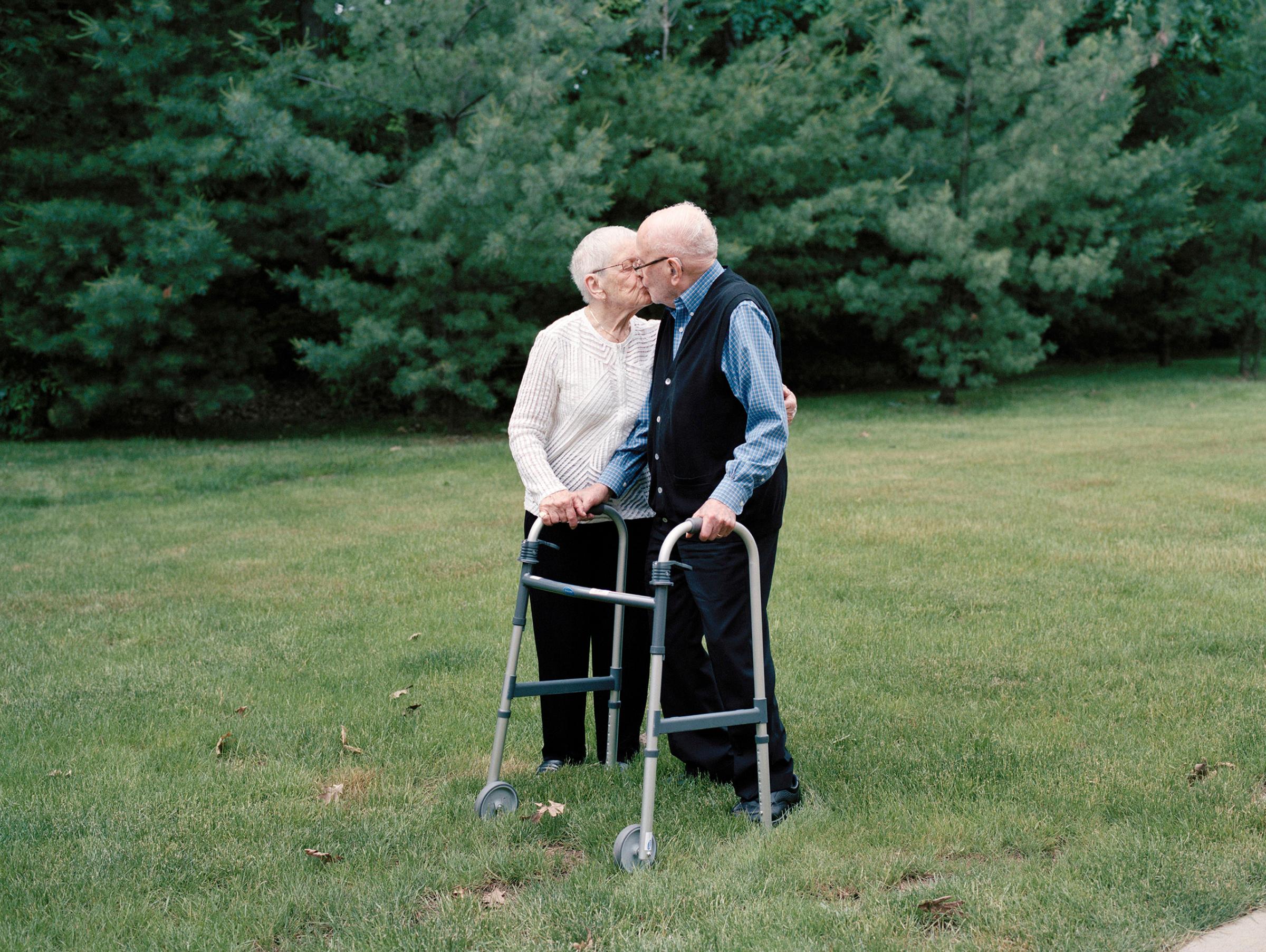
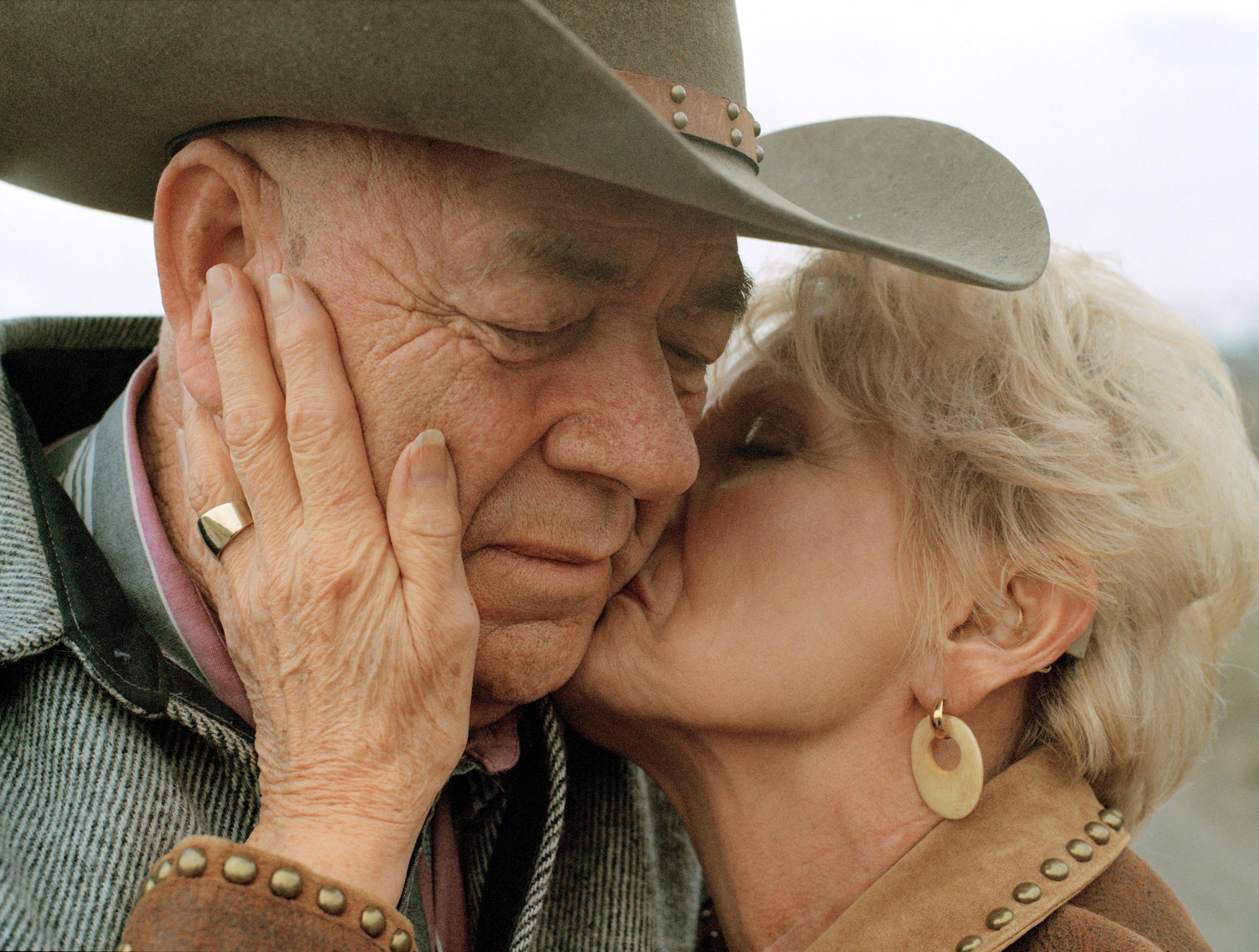
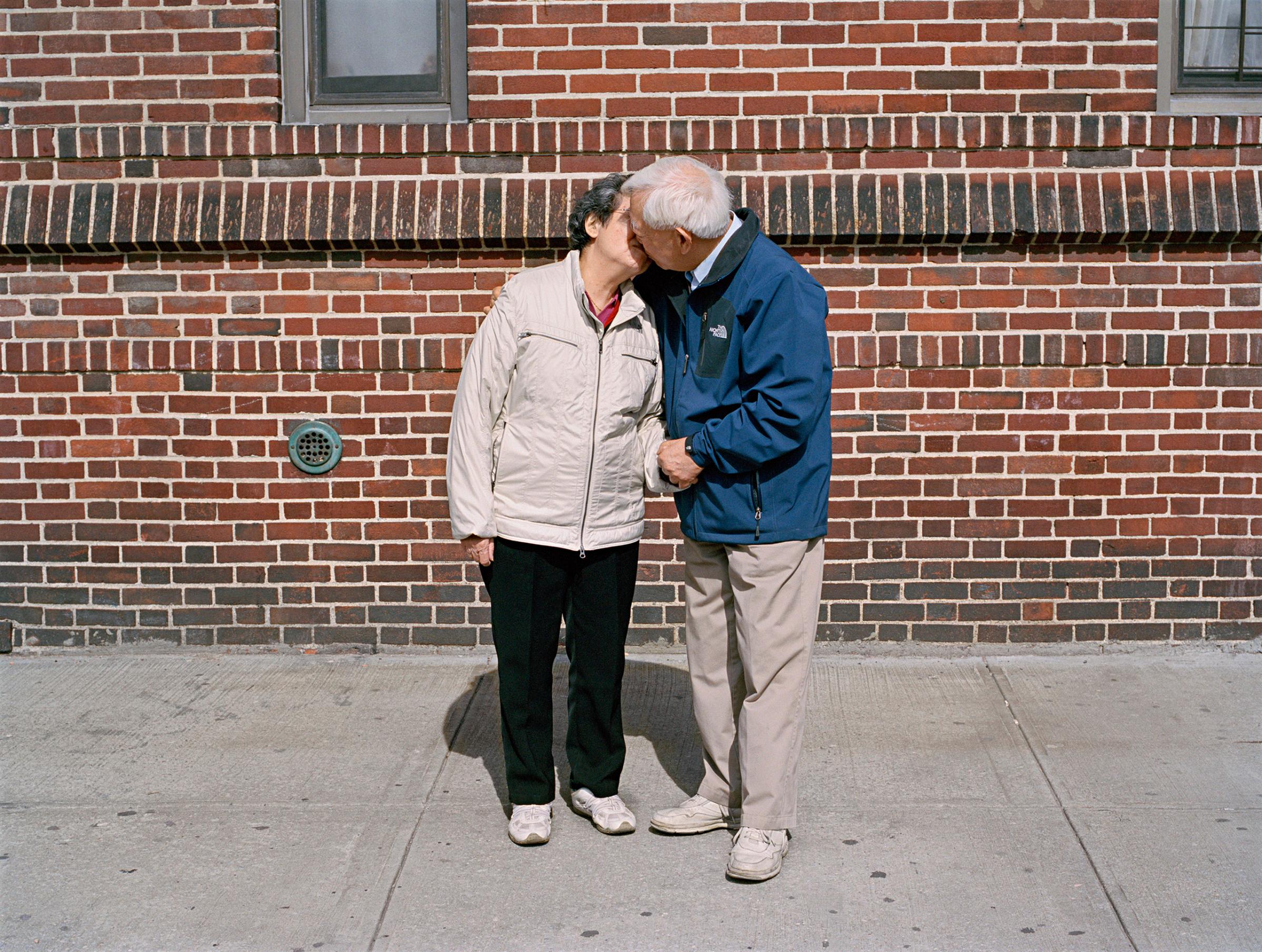

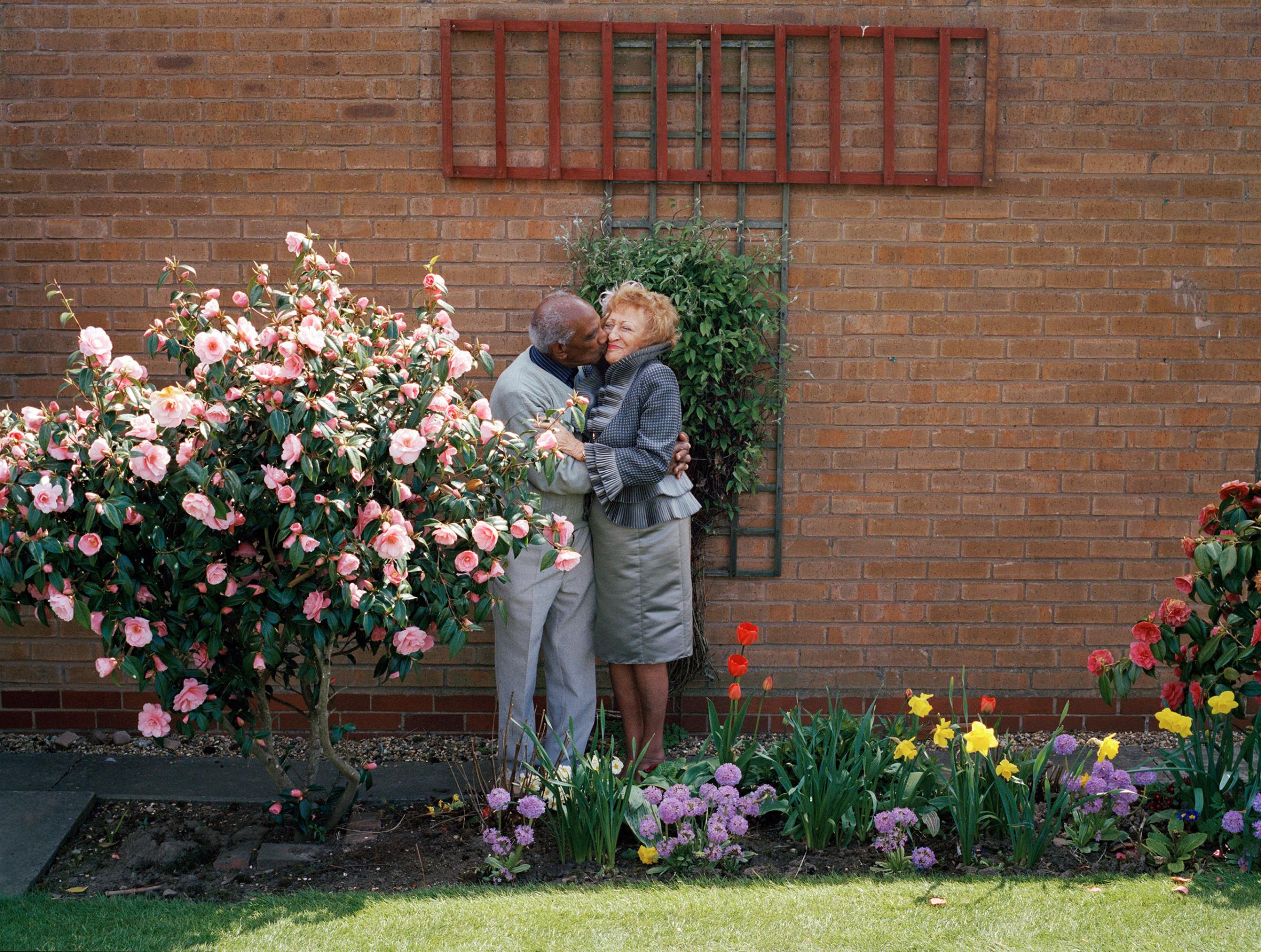
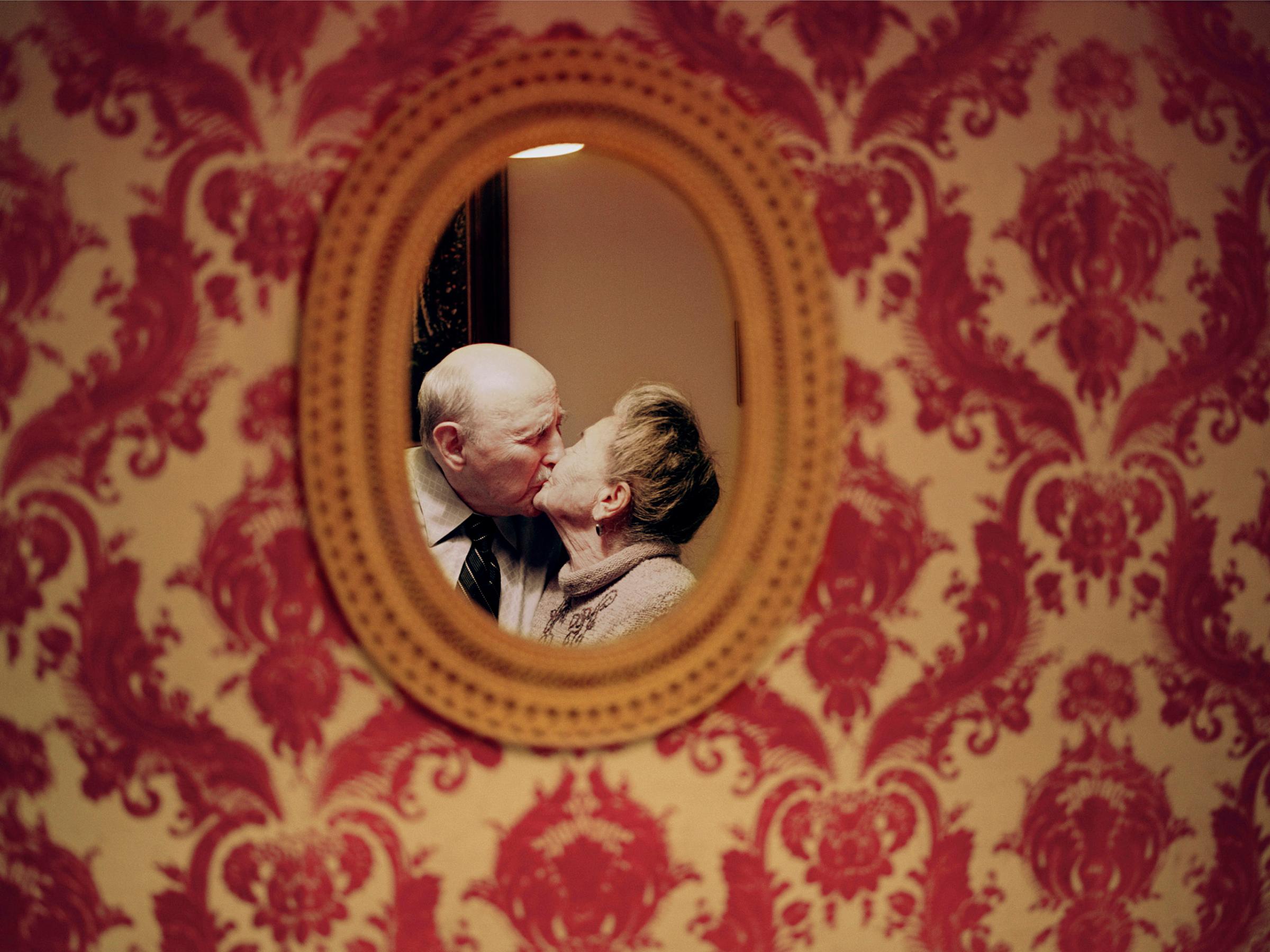
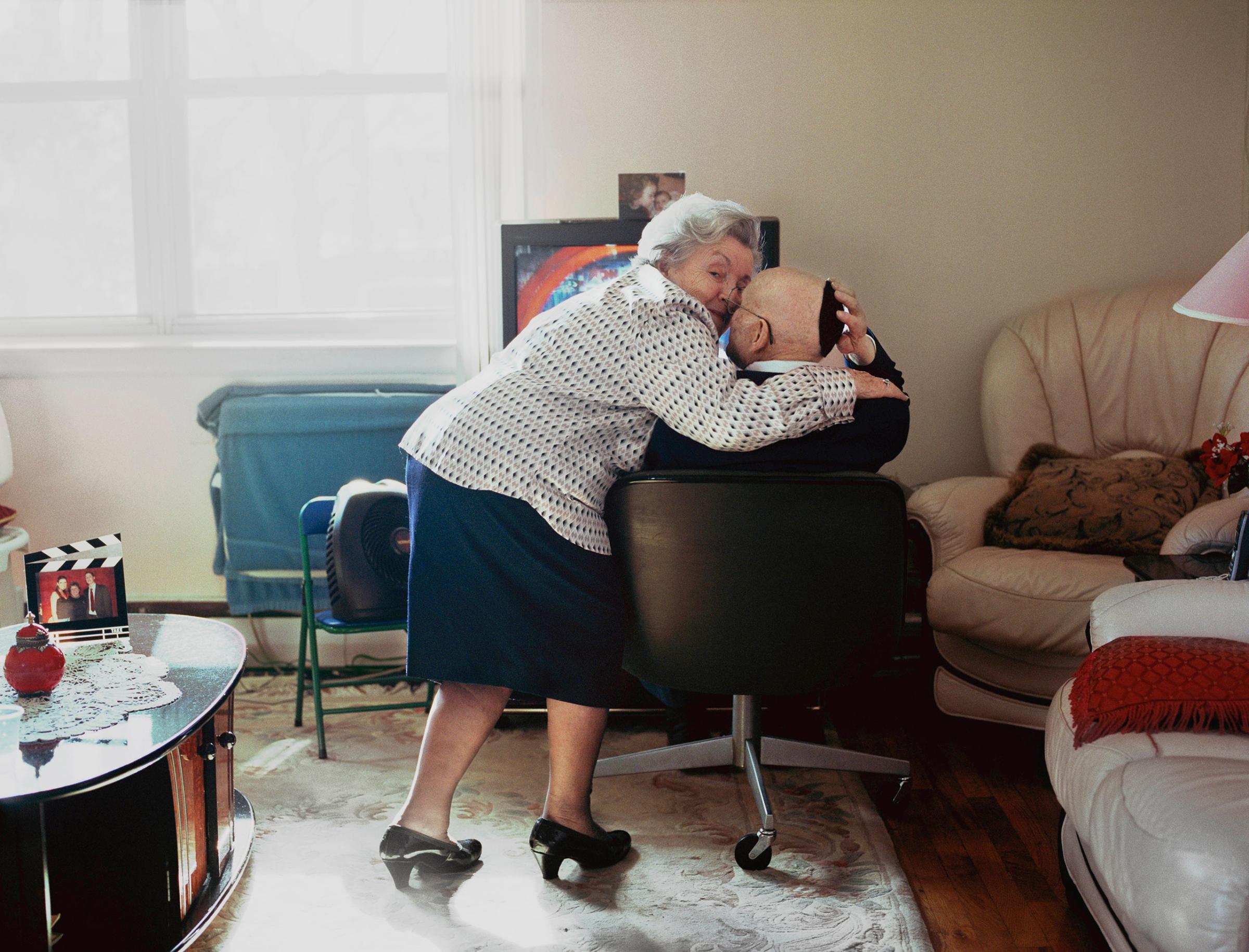

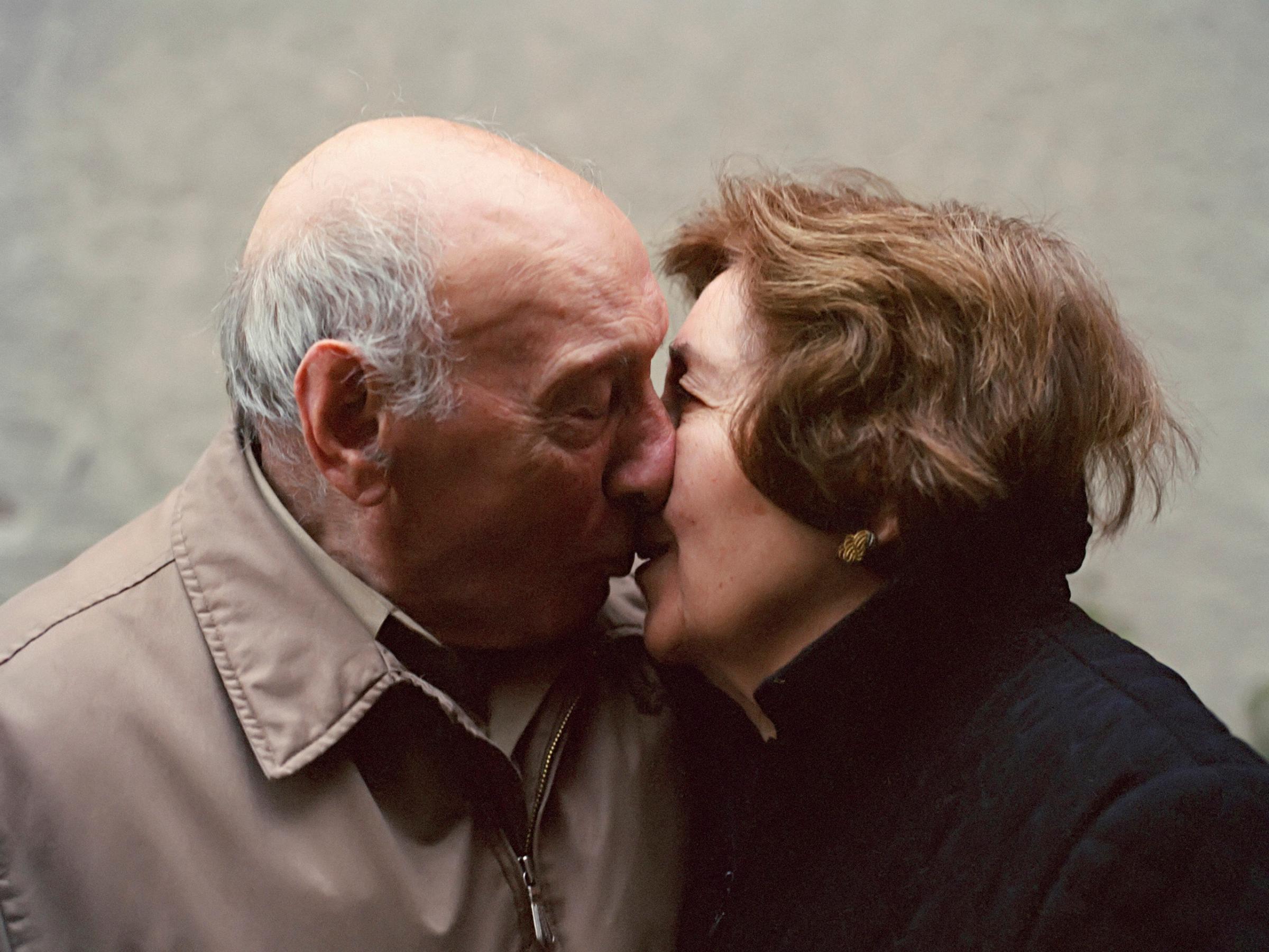
More Must-Reads from TIME
- Where Trump 2.0 Will Differ From 1.0
- How Elon Musk Became a Kingmaker
- The Power—And Limits—of Peer Support
- The 100 Must-Read Books of 2024
- Column: If Optimism Feels Ridiculous Now, Try Hope
- The Future of Climate Action Is Trade Policy
- FX’s Say Nothing Is the Must-Watch Political Thriller of 2024
- Merle Bombardieri Is Helping People Make the Baby Decision
Contact us at letters@time.com